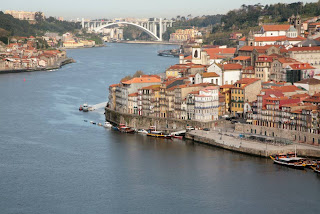
National intellectual capital is a divergence factor in terms of economic growth in the 2000 decade, therefore if we use this measure of wealth in a nation the difference between countries will be higher.
Intellectual capital allows anticipating the economic crisis beginning in 2008. In this sense, we can emphasize the important of the human capital in the economic situation in 2008. It shows that governments have to make more attacks in these aspects.
More information in 3ECIC proceedings








